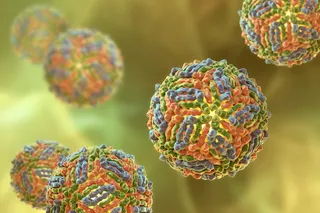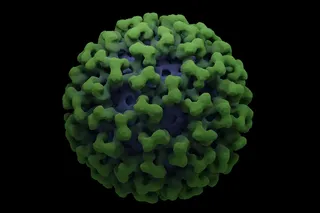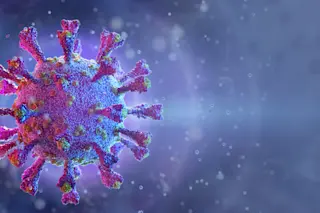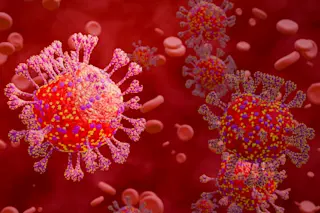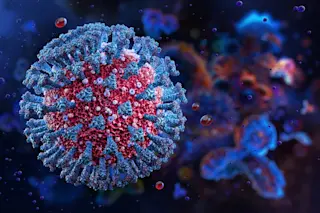The war between people and disease-causing pathogens is old as humanity itself. This has helped shaped our so-called behavioral immunity, which can lead us, for example, to automatically avoid people who are visibly sick. But it can also misfire; previous studies have shown that people with compromised immune systems (due to a recent illness), and even people who describe themselves as afraid of germs or susceptible to disease, are more likely to avoid and feel prejudiced toward otherwise healthy people who merely look different than them, like foreigners or immigrants. It appears this prejudice can be reduced or erased by public health measures like vaccination or the simple act of washing your hands, according to a recent study in Psychological Science. In the study's first experiment, conducted at the height of the 2009 H1N1 swine flu, researchers gathered a group of participants, some of whom had already received a vaccine ...
Study: Vaccines & Hand-Washing Can Reduce Prejudice Against Immigrants, the Obese & Crack Addicts
Public health measures like vaccination and hand washing can reduce prejudice against immigrants, according to a recent study.
More on Discover
Stay Curious
SubscribeTo The Magazine
Save up to 40% off the cover price when you subscribe to Discover magazine.
Subscribe

